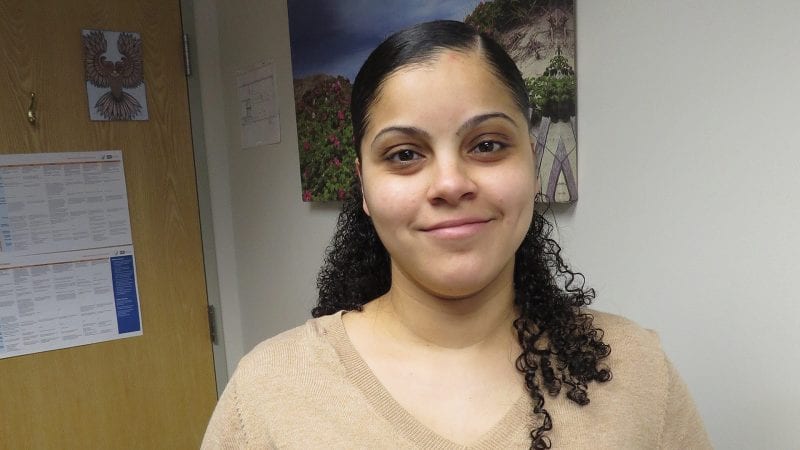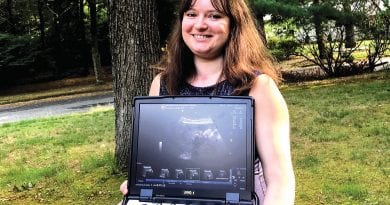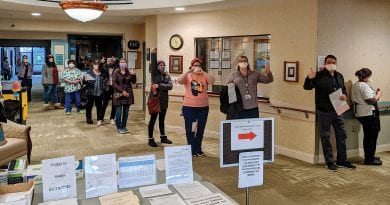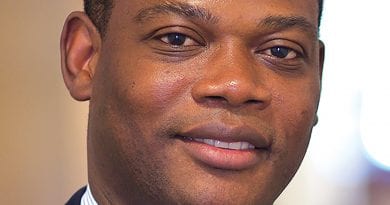Groups Help LGBTQ Community Feel at Ease in Their Own Skin
Support System
By George O’Brien
Carmen Rivera says she came out as a lesbian in the eighth grade.
Sort of.
It was, she recalled, a somewhat limited revelation, involving only her close friends, many of whom were not exactly surprised by the pronouncement. She did not immediately tell her mother, or the aunt who was her legal guardian at the time — “I didn’t really talk to my family about it; I didn’t really find comfort in wanting to tell family members,” she noted.
And when the latter, a very religious person, was told … “her reaction wasn’t the best initially,” said Rivera, 28, with more than a hint of understatement in her voice. “She told me it was the devil; she told me I was going straight to hell.”
Still, overall, coming out of the proverbial closet was not an overtly difficult or stressful experience, she recalled, adding that both that aunt and her mother — who was essentially told by the woman Rivera was dating — expressed what she would consider forms of support.
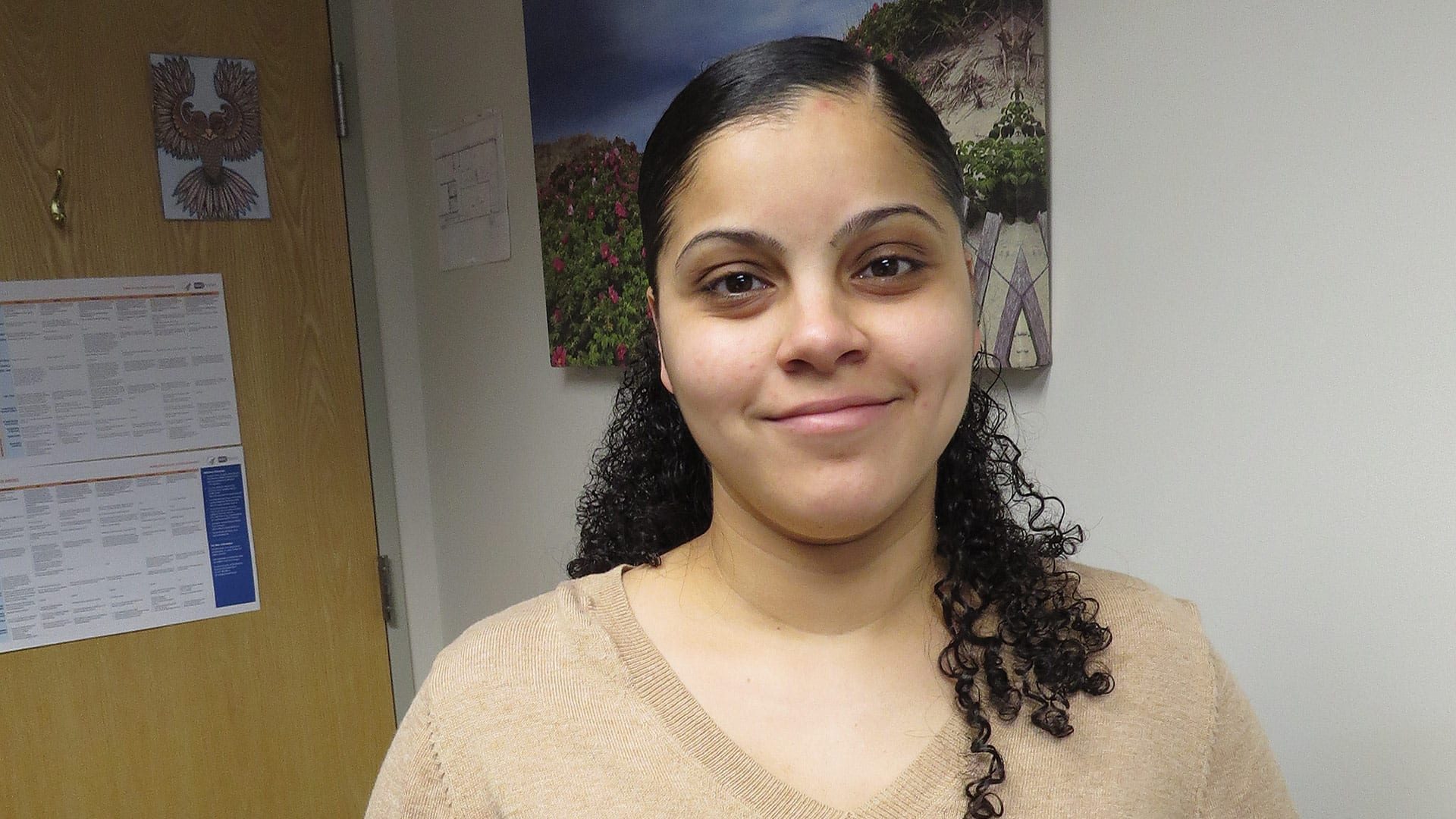
“After a few years, when I was around 18, my aunt said, ‘I love you; I don’t accept your lifestyle, but I want to be a part of your life regardless,’” she said. “And my mom took it well.”
But Carmen was quick to acknowledge that many, if not most, others within the broad and growing LGBTQ community are simply not as fortunate. And that includes her brother, who, she said, experienced seemingly endless taunts and bullying after he came out as gay, and was even assaulted by a group of men because of his sexuality.
Eventually, and it did take some time, her brother, as she did earlier, came to a point where he developed what she called the ‘I-don’t-care’ attitude. “That comes at that moment when you finally decide to accept and love yourself, and you say, ‘I don’t care — now the world is going to have to accept me as I am,’” said Rivera. “It takes time to get there; it takes a while for one to feel comfortable in their own skin.”
“That comes at that moment when you finally decide to accept and love yourself, and you say, ‘I don’t care — now the world is going to have to accept me as I am.’”
Getting to this state — if one ever does — can be extremely difficult. So difficult that it often leads to depression, the use of substances to mask emotional pain, and, in many other cases, suicidal thoughts and attempts at suicide, as alarming statistics from the Trevor Project, a 2019 national survey of LGBTQ youth mental health, revealed. According to the study, 39% of LGBTQ youth seriously considered attempting suicide in the previous 12 months, with more than half of transgender and non-binary youth having seriously considered doing so. Meanwhile, 71% of LGBTQ youth reported feeling sad or hopeless for at least two weeks within the previous year, and two in three reported that someone tried to convince them to change their sexual orientation or gender identity.
Those numbers, and the experiences of Rivera, her brother, and countless others in this region, showed the clear need for — and became the inspiration to create — a unique new program launched just last month by the Mental Health Assoc. (MHA) and its BestLife Emotional Health & Wellness Center.
They’re called Safe Space Support & Education Groups for LGBTQ+ Youth and Young Adults.
And each of the words in that phrase is important and has meaning, said Danielle Goode, a clinician at BestLife and facilitator for the support groups.
Starting with that phrase ‘safe space,’ which, she said, is the foundational ingredient in such a program — a judgment-free space where participants can indeed feel safe and where they openly express their feelings. Meanwhile, the groups will offer both support and education, she said, and there will be two such groups — one for youths ages 12-17, and the other for ages 18-26 — which sets this initiative apart in many ways, as we’ll see.
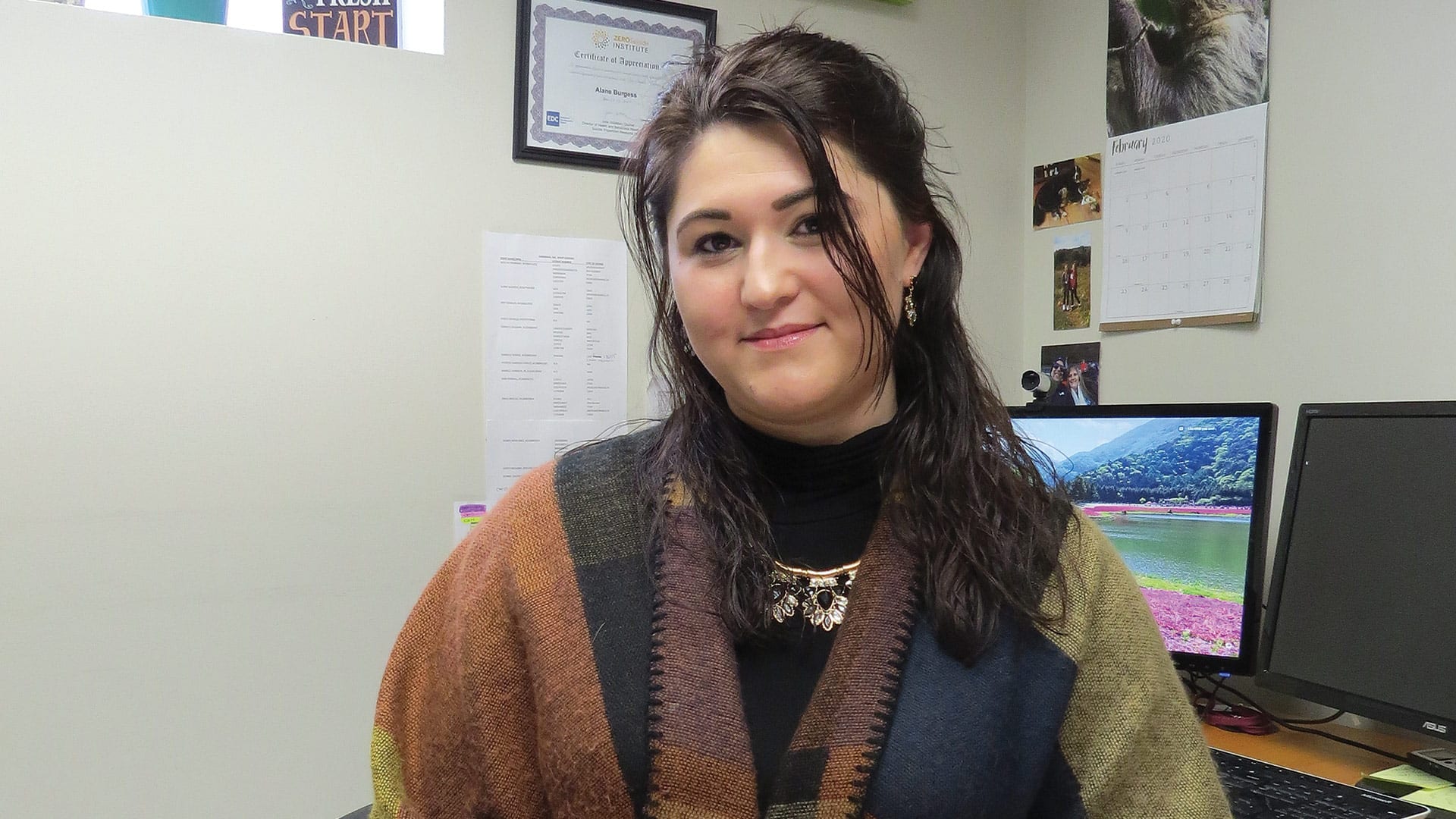
As for education and support, it will come in a number of forms, said Goode, but mostly it will come from people facing similar experiences, emotions, and challenges simply being in the same room at the same time.
“More than anything, it’s important that we have a safe place, a safe environment that’s non-judgmental where people can come and feel supported and talk about really difficult topics,” she explained. “A place where people can relate to each other and also get feedback from their peers about what’s worked and what hasn’t, and that’s what we’re creating here.”
For this issue, HCN takes an in-depth look at the new support groups and how they create this all-important safe space.
Addressing a Need
Rivera told HCN that, while she has been able to reach that place described above, where she could accept who she is and be comfortable in her own skin, nothing about that process would be described with the word ‘easy.’
“I want this to be their group, where they have support — whatever they need. I want this group to be versatile.”
She can recall having doubts about the way she should act in certain situations, and about also feeling the need, prompted by societal pressures and doubts from within about whether she was actually a lesbian, to be with a man and to sleep with a man. So she did.
“I went down that path, and afterward, I felt like shit,” she said, while apologizing for her language. “I was like, ‘I literally slept with someone because I felt that this was what I needed to do’ — it was terrible. After that, I said, ‘no way … I shouldn’t be feeling like this or putting myself through situations that you shouldn’t experience.’”
Meanwhile, those early sentiments expressed by her aunt — the ones concerning her being the devil and her going straight to hell for being a lesbian — while they were followed later by more supportive comments, they were never forgotten. “They stick with you,” said Rivera, adding that this is probably why she still doesn’t feel completely welcome in church.
All these experiences and emotions explain the need for these new support groups, said Goode, adding that they were just launched a few weeks ago. There are no members yet, she said, but she expects that to change as news spreads through word of mouth, social media, and referrals from other social-service agencies.
That’s because the need clearly exists for this type of support. It became apparent as she and others in her field counseled those with substance and behavioral-health issues.
“In working in the field, it’s very easy to discern where these issues stem from,” she told HCN. “And in many cases, they form from not being able to be who someone really is and not having others around to support who they feel they are,” she explained. “Many individuals suppress these gender-identity issues, and this was something that came up many times in sessions in the field. So it was pretty obvious that there was a need for support in this area.”
With a $2,000 grant from Eversource to get the program off the ground, the sessions were launched in January; the group for ages 12-17 meets on Wednesdays from 4 to 5 p.m., while the group for those ages 18-26 meets Mondays from 3 to 4 p.m.
Overall, Goode said outcomes from these support groups can include:
• Feeling less lonely, isolated, or judged;
• Gaining a sense of empowerment and control;
• Improving coping skills and a sense of adjustment;
• Talking openly and honestly about feelings; and
• Reducing distress, depression, or anxiety.
These outcomes can, and hopefully will, be generated by the support generated when people with shared experiences come together, said Goode, but also by the all-important educational piece.
“Especially with adolescents, this would involve how to come out safely, where to find support, and what to do with these feelings they’re having,” she explained. “I wanted to make sure there was a psycho-educational dynamic, but I wanted to match it with support.
“I want this to be their group, where they have support — whatever they need,” she went on. “I want this group to be versatile. If there’s a group that’s struggling with gender identity, then the focus is going to turn, and we’re going to have some modules on gender identity.”
Out in the Open
It’s been a dozen or so years since Rivera came out to her friends and later her family. But she vividly remembers those experiences and the years that followed. There were, as she noted earlier, doubts and questions — about who she was, how she should act, and what she should be feeling. And, as she also made clear, she thought her overall experience was not as difficult or tumultuous as it was for others, including her brother.
That’s why she can clearly see the need for such support groups, especially for those of a younger age.
“They’re going through so much mentally — in high school, the pressure is all about identity or labeling yourself,” she recalled. “It’s like, ‘am I really gay? Am I bisexual? Am I a lesbian? Do I have to be either/or? Can I be all of the above?’
“Just talking with someone about all this is critical,” she went on, “because there’s only so much you can do about the family dynamic and how the family is going to react to this. And that’s why some people stay closeted — because of religion or because of family members and not knowing how they’re going to react. What are they going to say? How are they going to react? Am I going to get kicked out?
These sentiments certainly help explain the alarming statistics regarding substance use and suicide, said Goode, adding that many individuals, especially young people, have difficulty coping with their identity issues, the way society is treating them — or might treat them if they come out — and, overall, their fear of the unknown.
“It’s fear of not being accepted, the fear of ‘what does this mean for me?’ especially if you’re an adolescent thinking about your family and how speak about what they want your future to be and how it doesn’t add up to the feelings you’re having,” she told HCN. “The uncertainty of the unknown is the biggest feeling, which leads to the depression, the anxiety of ‘what if I can’t change how I feel?’ People try to suppress these feelings and mask them with substance use, and with that hopeless feeling, the feeling that things will never change, sometimes the go-to is to think about just ending it through suicide.”
Rivera told HCN that, while has hasn’t experienced such depression herself, she’s seen it in others and she can understand it, especially when it comes to young people.
“When people feel suffocated and that there’s no one they can talk to, it’s sad,” she said. “People need a place where they can speak and walk away with a clear mind — place that’s judgment-free. That’s so important because that’s the main fear — of being judged and not being accepted.”
For many people, there isn’t such a place. Thus, they feel isolated and alone, and these sentiments often lead to depression, substance abuse, or, in the worst cases, suicide, said Goode, adding that the new support groups will serve to fill that void.
“The really strong belief I have is that, if we can provide people with support, understanding, and education to know that there are allies there for them, we can decrease the depression, anxiety, and suicidality.”

